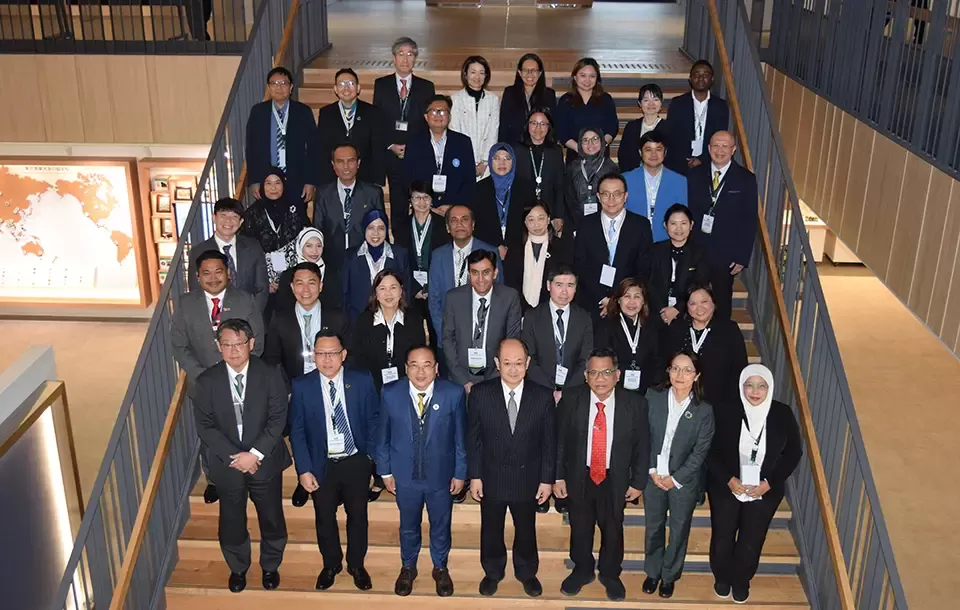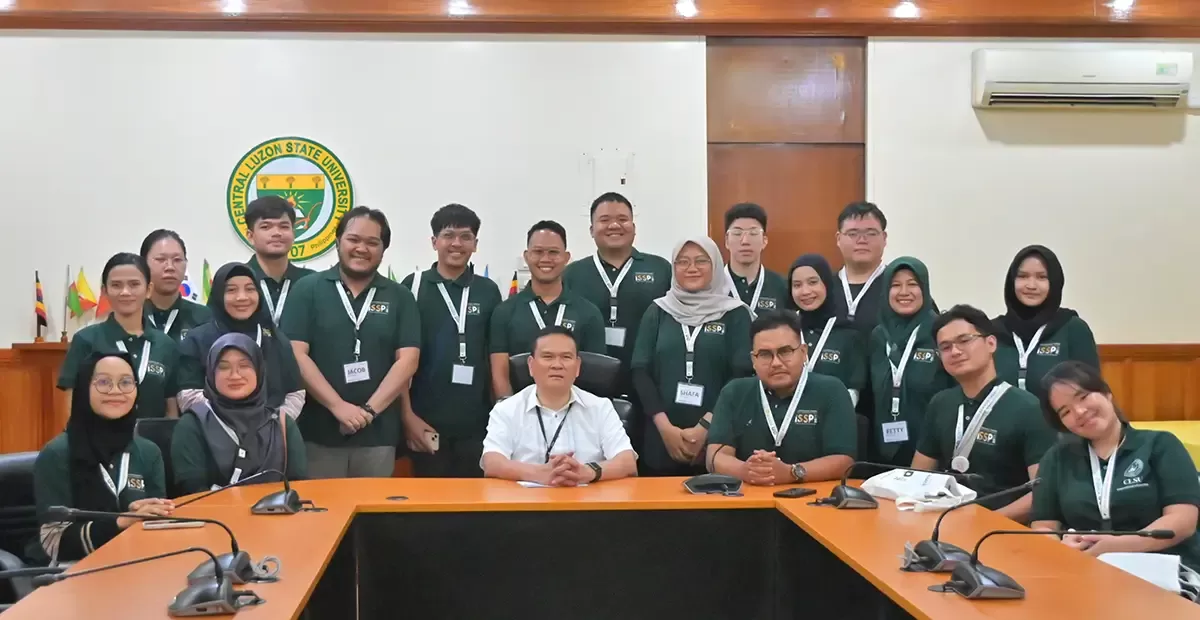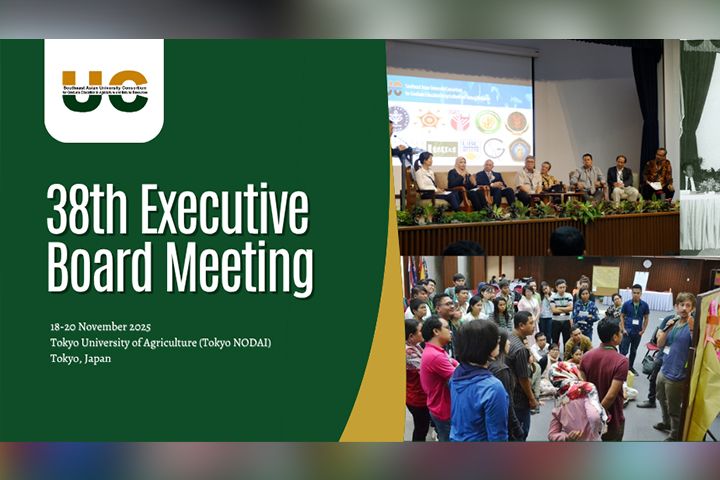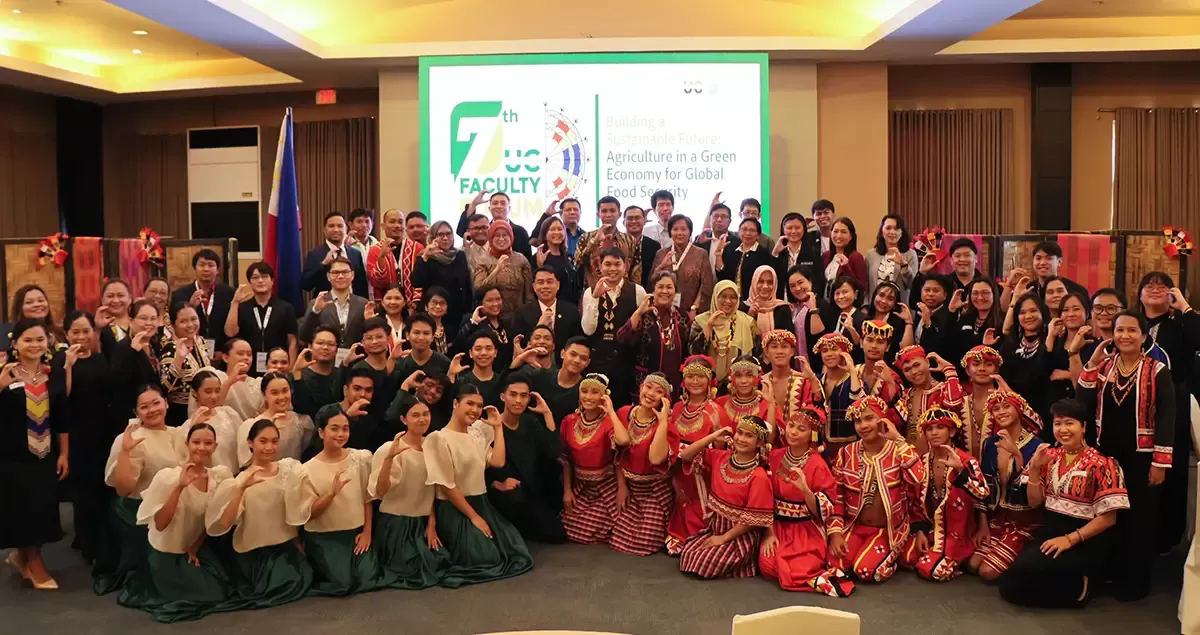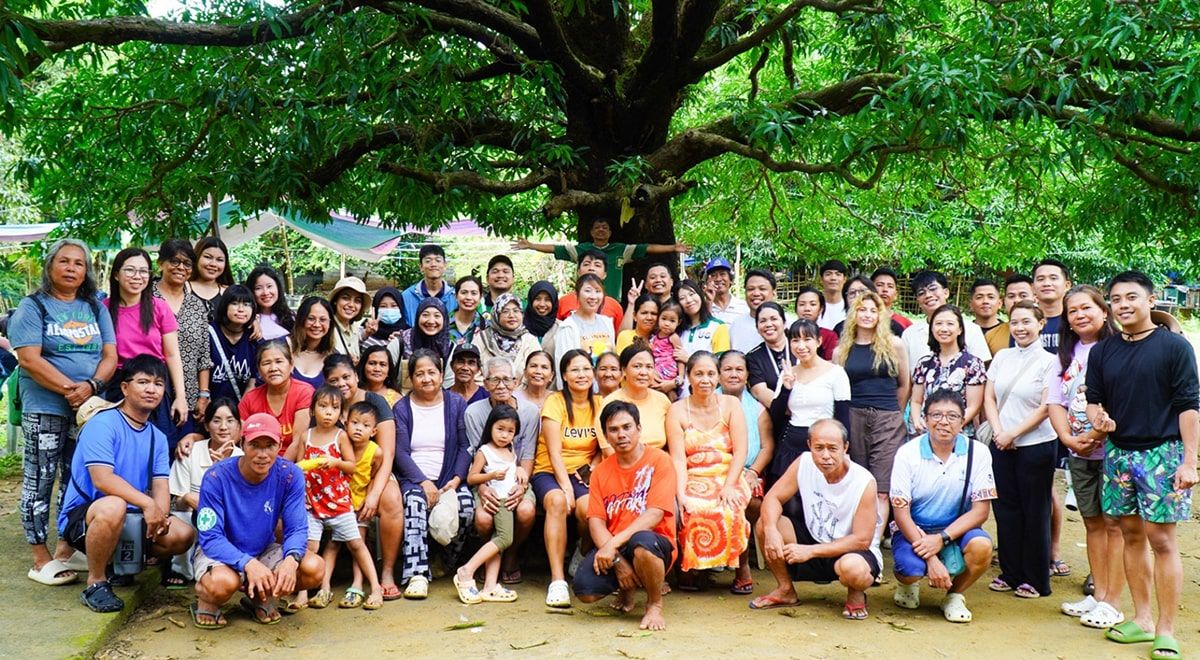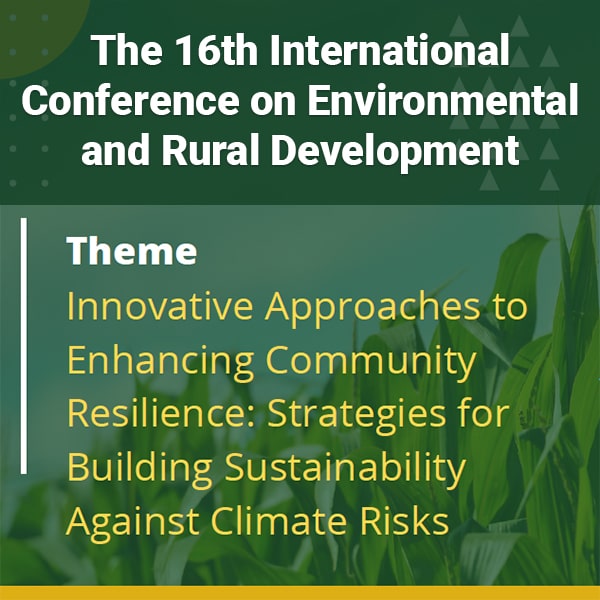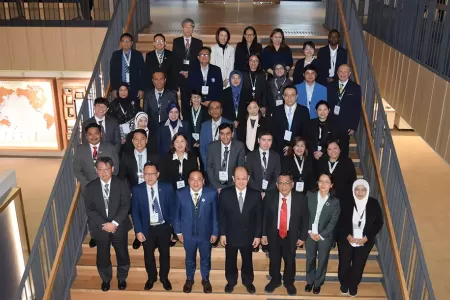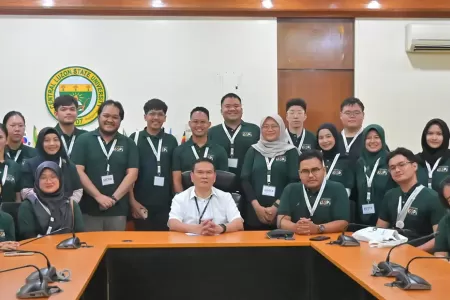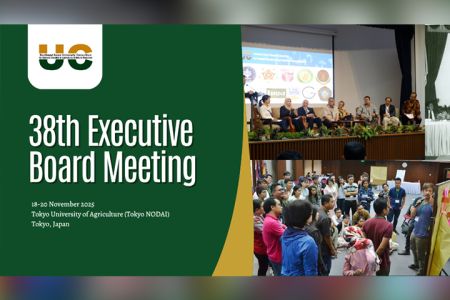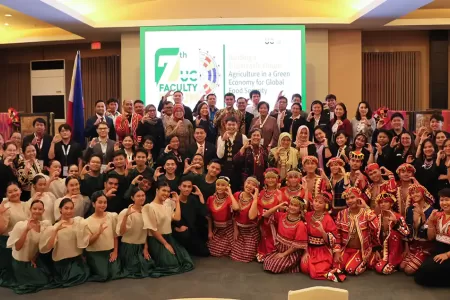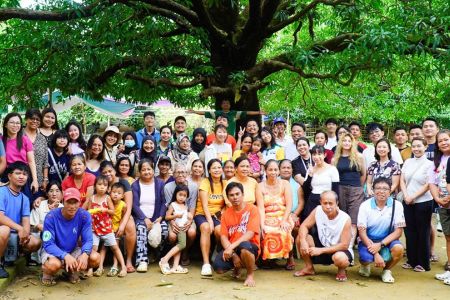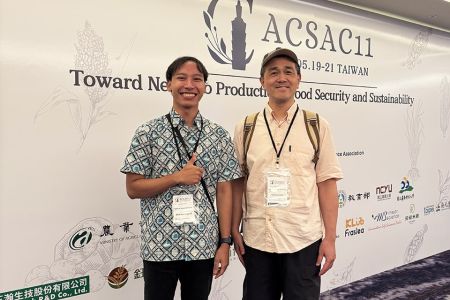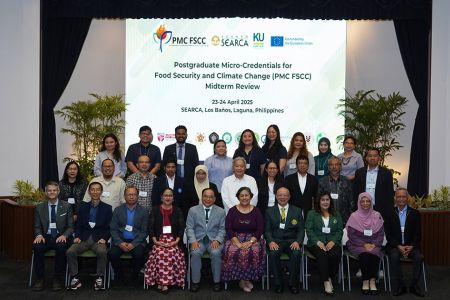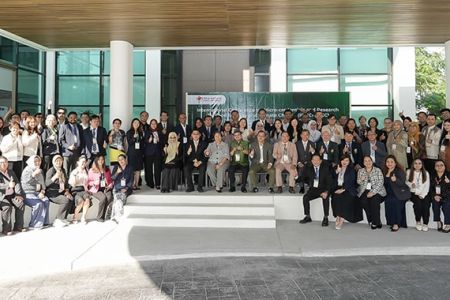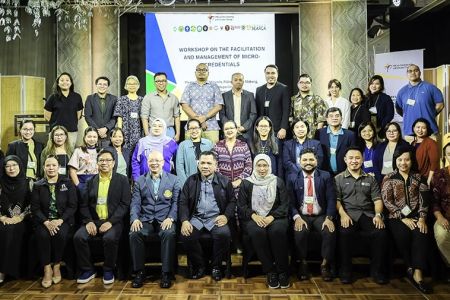SEARCA facilitates FSC-sponsored roundtable discussion on pasture and forage crops in UC member universities

LOS BAÑOS, LAGUNA, Philippines – Deans and Heads of Animal Science and Crop Science Departments of six (6) member universities of the Southeast Asian University Consortium for Graduate Education in Agriculture and Natural Resources (UC) revisited the status of curriculum and research programs on pasture and forage crops through a roundtable discussion held at the SEARCA Headquarters on 24- 25 April 2019. The two-day meeting aimed to identify the strengths, gaps, opportunities, and challenges in curriculum and research programs, and to recommend solutions to address the gaps and challenges, including those faced by students pursuing forage and pasture science as an area of specialization.
The roundtable was partially funded by the Food Security Center (FSC) of the University of Hohenheim. FSC is one of 5 centers of excellence under the program EXCEED - Higher Education in Development Cooperation funded by the German Federal Ministry for Cooperation and Development (BMZ) through the German Academic Exchange Service (DAAD).
Representatives of the UC member universities delivered brief presentations about the current status of their respective curriculum and research programs on pasture and forage. After the presentations, participants were formed into two (2) groups for a brainstorming session to identify common issues, gaps, and challenges with regard to curriculum and research programs. As a result of the exercise, participants ascertained the need to increase the number of experts in the field of forage and pasture, strengthen policy support, standardize courses, reevaluate the number of credited units in the courses, improve laboratory facilities, and mobilize additional financial resources, among others, that fall under curriculum-related issues. In terms of the research programs, the participants cited issues such as the decreasing number of students taking up the course, weak communication and networking among forage scientists, lack of government support for research on forage and pasture, and decreasing land area for forage production.

To address said issues, the participants formulated collaborative proposals that aim to help revitalize research and improve curriculum on pasture and forage crops. These include forming a Southeast Asian Forage and Pasture Science Society, conduct of workshops for curriculum standardization in the UC, teacher trainings and student exchanges/internships, joint researches, joint supervision of students, and joint publications, among others. The outputs of the meeting will also be used as basis for determining other possible cooperation programs for the benefit of all UC member universities.
The UC member universities that joined the meeting include the Institut Pertanian Bogor (IPB), Kasetsart University (KU), Universitas Gadjah Mada (UGM), Universitas Brawijaya (UB), Universiti Putra Malaysia (UPM), and University of the Philippines Los Baños. SEARCA supported the meeting as UC Secretariat. (Mary Grace Aquino)


